At the United Nations General Assembly last week, African leaders joined their global counterparts in addressing pressing issues such as climate change, inequality, and the spread of international conflict. Nigerian Vice President Kassim Shettima, Senegalese President Bassirou Faye, and Namibian President Netumbo Nandi-Ndaitwah strongly condemned Israel’s attacks on Gaza, with Shettima declaring that Palestinians “are human beings, equal in worth, entitled to the same freedoms and dignities that the rest of us take for granted.”
Yet despite the passionate rhetoric on global conflicts, analysts noted that Africa’s own crises in Sudan and the Democratic Republic of Congo received only fleeting mention. Both wars have caused staggering humanitarian devastation but were largely absent from leaders’ speeches.
Sudan has been engulfed in civil war since 2023 after clashes between the army and the paramilitary Rapid Support Forces spiraled into nationwide violence, leaving over 40,000 dead and millions displaced. The conflict has effectively split the country in two, with famine warnings and accusations of mass atrocities intensifying the crisis. In El-Fasher, a drone strike earlier this month killed at least 70 people.
Meanwhile, in eastern Congo, the M23 rebel group — accused of receiving backing from Rwanda — launched major offensives in January, seizing cities and displacing millions. The conflict has killed at least 7,000 people, with more than 100 armed groups still active in the mineral-rich region. Despite peace efforts in Doha, fighting continues.
Experts argue that the reluctance of African leaders to spotlight these wars reflects both political avoidance and institutional weaknesses within the continent’s multilateral bodies. “On the most important dates on the U.N. calendar, there is nothing to say about African issues in any substantive way,” observed Africa affairs analyst Chris Ogunmodede. Others see it as a missed opportunity to draw global attention to worsening humanitarian disasters.
Instead, external powers have increasingly taken the lead in peace negotiations. U.S., Emirati, Saudi, and Egyptian diplomats are working to broker an end to Sudan’s war, while Washington is expected to facilitate a peace deal between Congo and Rwanda in the coming weeks. But outside involvement brings complications of its own. Sudan has already filed a case at the U.N.’s top court accusing the UAE of arming its enemies, an allegation the UAE denies.
As the conflicts drag on, outside influence continues to shape Africa’s wars while continental institutions remain sidelined. Analysts warn that without stronger African engagement, the continent risks losing control over its most urgent security challenges.



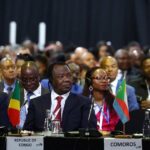
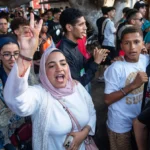
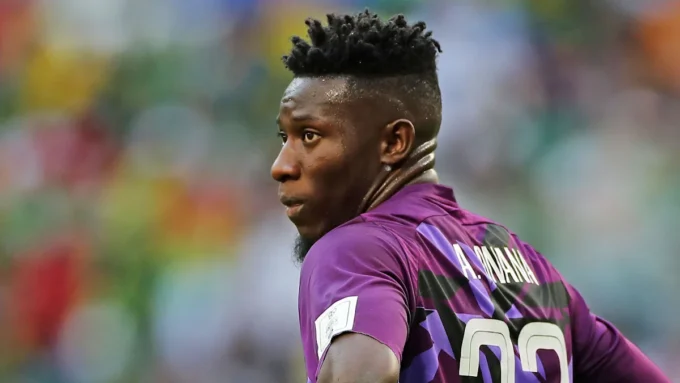




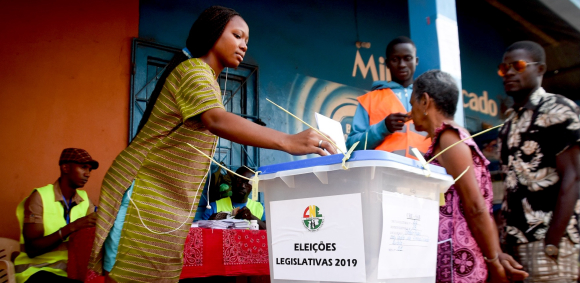
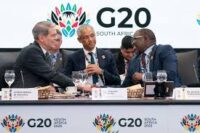
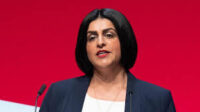

Leave a comment